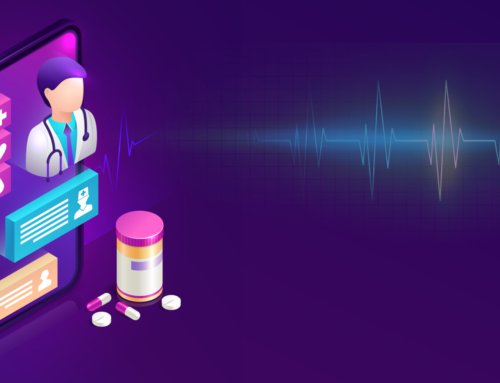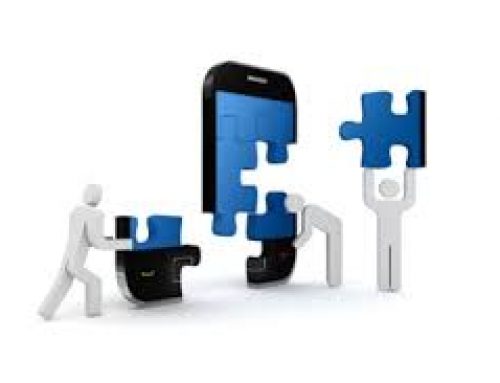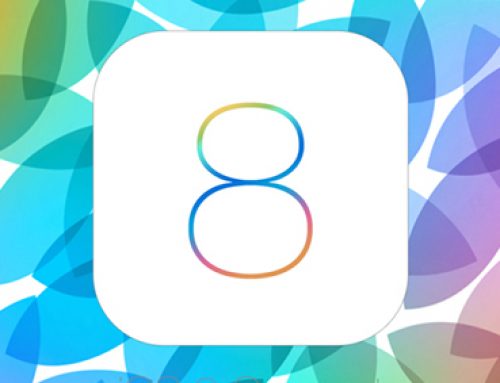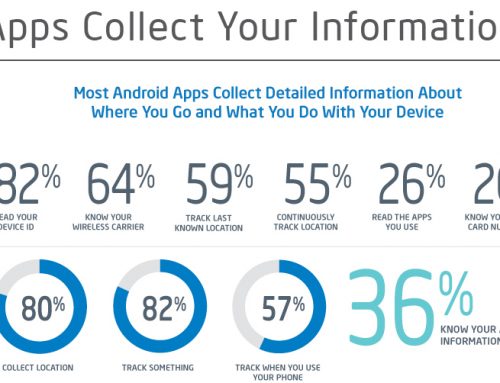With technology adoption increasing in the healthcare sector, medical organizations are coming across a tangible threat of sensitive patient data being accessed and misused by cybercriminals. Healthcare providers must manage the security of their digital services. This article will give an insight into the basics of security implications when developing Mobile health applications.
What Are Mobile Healthcare Applications?
Health (mobile health, aka mHealth) aims to improve the health and well-being of individuals. This is done through their phones, tablets, and other mobile devices. It’s an extension of the “healthcare apps” that have already been available for years.
mHealth apps can help people keep track of their physical or mental health without requiring them to visit a doctor or clinic. They can also help them take care of themselves. This is done by alerting them when they’ve reached certain milestones, like when hitting a weight-loss goal.
Application for Healthcare Professionals:
As a healthcare professional, it is important to have a full focus on patients. Various applications can make the medical research process faster. Let us look at some of them as mentioned below:
- Disease Diagnosis Applications: It helps healthcare professionals diagnose diseases on time. It allows users to enter medical data from patients into their medical record systems.
- Drug Reference Applications: It is a powerful tool for healthcare professionals. It helps in empowering patients’ self-management and in improving medication safety.
- Medical Calculator Applications: It is used to perform calculations related to the medical field. Medical calculators are used in hospitals, clinics, and other health care facilities to help people with their daily tasks.
- Literature Search Applications: It is used to find information on a certain topic or disease. They are a great way to find the information you need fast, especially if you know what you’re looking for.
- Clinical Communication Applications: It is an essential part of healthcare. It is the process by which clinicians and other healthcare professionals can communicate with their patients.
Challenges in Developing Mobile Healthcare Applications:
One of the biggest challenges in developing mobile healthcare applications is the need to have decent knowledge about security guidelines, tools, and so on. With this, the role of security experts is quite crucial in developing secure mHealth apps. A lack of security experts can lead to a lot of vulnerabilities in the system. It could also lead to delivering an app without even performing security testing, which can prove very costly to the business.
mHealth apps also require connecting with external sensors or devices such as wearable devices. Therefore, it is necessary to provide resources to support secure mHealth app development. This is the only thing that would help in filling the security knowledge gap.
Tips to Build a Secure Mobile Healthcare Application:
With the healthcare industry growing fast, mobile application development is also tremendously important. To use mobile healthcare apps successfully, the apps need to be well protected and safe for use. While smartphones are great at storing medical records and other patient data, they can be quite vulnerable to hackers. If a hacker were able to access patient records, they could use that information to steal identity and financial data. They can also use it to potentially blackmail patients or their families.
Several security factors should be taken into account when developing a medical app. Let us look at a few tips to build a secure mobile healthcare application.
- Encryption: If patients are unsure of the confidentiality of their eHealth information, they will likely withhold pertinent details from their healthcare providers. Without ensuring that a developed app is safe and secure for both patients and providers the whole system is useless.
To solve the problem of trust, businesses need to use encryption. Encryption can be used to protect databases and files on servers. It can ensure the security of a medical mobile app.
- User Authentication: Patients may not want their personal information to be shared. They do not want to share it with other people or organizations outside of the hospital setting.
A simple way to protect any app from unauthorized use or entry is by applying multi-factor authentication (MFA). Through this method, access control grants entry to users only after they’ve presented evidence that they are authorized to access an app’s data.
- Security Testing: To verify the safety of medical mobile apps security testing should be done. It is performed to exploit vulnerabilities that may exist in operating systems and services, application flaws, and so on.
- Requesting Long-Term Support: Mhealthcare apps need maintenance to keep up with technological advancements. It is important to ensure and be constantly aware of any viruses, malicious software, etc. which might evolve and be a potential threat. This would ensure that there is post-release support to take care of updates and maintain security.
Conclusion
Mobile use has begun making its presence felt in almost every industry. While the convenience of these mobile applications is undeniable, so too is their risk exposure. This article provided an overview of the technologies currently used to secure mobile devices. We also looked at the various threats posed to healthcare data in particular. Businesses operating in this domain must include security aspects in their scope and plan their development accordingly.
You may also like:
Ensuring Positive Patient Outcomes Through the Right UX Strategy








Leave A Comment